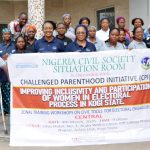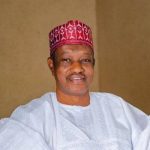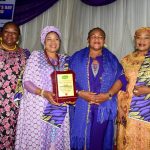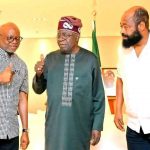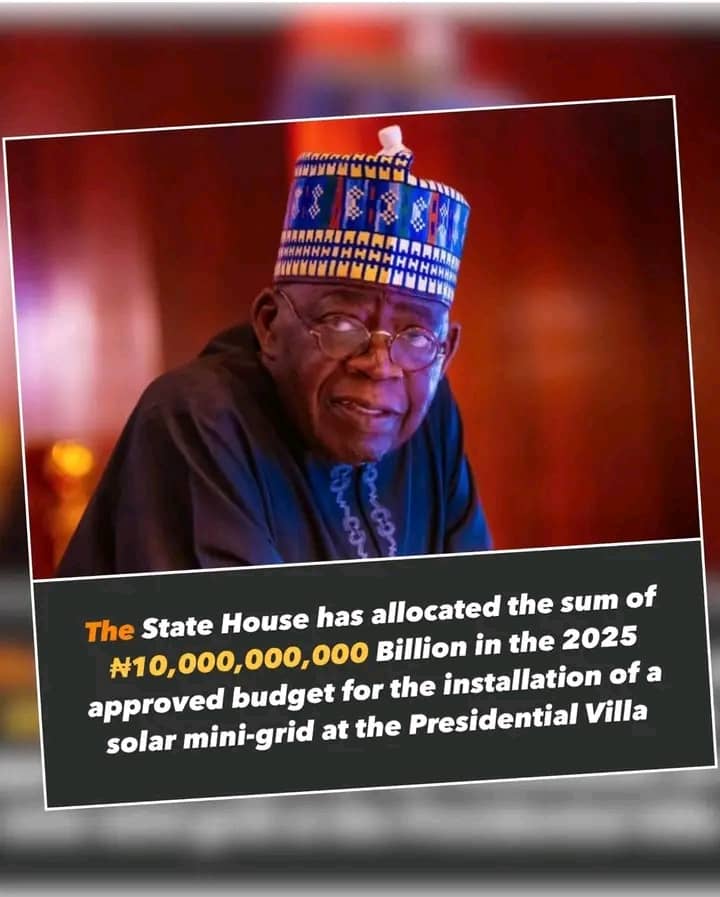Two Years of Governance in Review: Nigeria’s Paradox of Promises and the Crisis of Basic Infrastructure – Dr. Aiyeku Olufemi Samuel Global Human Capital & Energy Limited
Introduction
It beats the imagination of any critical mind that in the 21st century — a digital, post-industrial, and knowledge-driven age — Nigeria is still grappling with the inability to provide and sustain basic infrastructure. Electricity, water, housing, healthcare, quality education, transportation, and internal security remain elusive. Shockingly, successive governments at both federal and state levels seem to view the provision of these necessities as achievements, rather than fundamental rights and minimum expectations of governance.
Two years into the administration of President Bola Ahmed Tinubu, the scorecard, especially in these basic sectors, raises more questions than answers.
Challenges and Core Issues
■ Electricity Supply & the Band Tariff Fiasco
One of the most painful betrayals Nigerians are grappling with is the promise of improved electricity supply. Instead, citizens have been burdened with Band A to E classification tariffs, further complicated by unstable supply and increased billing. Despite the outcry against estimated billing and exploitation by DisCos, not much has changed. In fact, it has worsened under the guise of privatization and reform.
Ironically, the same government that mandates citizens to pay higher tariffs has earmarked ₦10 billion to install a solar mini-grid at the State House. This raises fundamental questions: If grid power is not reliable enough for the Presidency, why force average Nigerians to remain tethered to it?
■ Privatization without Productivity
The power sector privatization process is increasingly proving to be a strategic failure. What was intended to drive efficiency and sustainability has turned into a case of national embarrassment and commercial sabotage. NEPA, with all its flaws, may have been more accountable than the current fragmented, opaque DisCos and GenCos that operate without responsibility or impact.
■ Education and Innovation Gaps
Nigeria boasts of over 50 federal and state universities of technology. Yet, the nation imports generators, solar panels, cables, and basic equipment. Why have these universities failed to birth innovation hubs, local manufacturing of energy alternatives, or research-backed policy guidance?
It is criminal negligence that universities, polytechnics, and research institutes continue to operate as glorified secondary schools — devoid of innovation, patents, or transformative influence on policy and practice.
■ Economic Policies Detached from Reality
The removal of subsidies, floating of the naira, and increasing taxes were all painted as painful but necessary reforms. Yet, no clear palliatives, production-driven incentives, or infrastructural investments followed. This leaves the average Nigerian in a paradox: suffering in the name of reforms, but without any visible outcome.
■ Healthcare Still a Luxury
Affordable healthcare remains a myth. The National Health Insurance Scheme (NHIS) is largely inefficient, underfunded, and inaccessible to the masses. Hospitals are overwhelmed, under-equipped, and increasingly being privatized — thereby alienating the poor. Yet, government officials still fly abroad for basic treatments.
Critical Questions
– How can we justify ₦10 billion for solar mini-grid in the Villa while Band A citizens are asked to pay premium prices for non-existent supply?
– Why aren’t Nigerian tertiary institutions empowered or mandated to produce basic energy technologies?
– What happened to the promised transition from consumption to production economy?
– Who is monitoring the effectiveness of the power privatization initiative?
– Why are basic services still seen as “favours” from government rather than human rights?
Recommendations and Solutions
■ Policy Overhaul & Accountability in Power Sector
The power sector needs restructuring and strong regulatory oversight. Privatization without performance benchmarks and punitive clauses must be revisited. The grid must be decentralized further to allow real-time competition and community-managed grids.
■ Production-Based Economy Model
Nigeria must invest in local manufacturing, agro-processing, and mineral beneficiation.
Tax incentives should be directed to productive sectors, not speculative or non-essential imports.
■ Empowering Educational Institutions
Nigerian universities and polytechnics must be linked to national development plans. Each federal university of technology should be mandated and funded to develop and commercialize products relevant to national needs—especially in energy, agriculture, and healthcare.
■ Refocusing Budget Priorities
Infrastructure spending must prioritize public welfare, not elite comfort. If ₦10 billion can go to solar at the Villa, similar investments should fund rural electrification, school upgrades, and community hospitals.
■ Citizenship-Driven Accountability
Citizens must intensify pressure through civil engagement, advocacy, and strategic litigation. Social media movements, town hall meetings, and legislative lobbying should hold leaders accountable for every naira spent and every promise made.
Conclusion
The Tinubu administration may have two more years to prove its intentions. However, time is fast running out. Nigerians are not just hungry for food but for truth, justice, and progress. If governance continues to be defined by deception, inconsistency, and elite self-interest, history will remember this era not just for economic hardship — but as a monumental failure of leadership in an age when potential abounds.
It’s time to rethink governance. It’s time to demand more.


